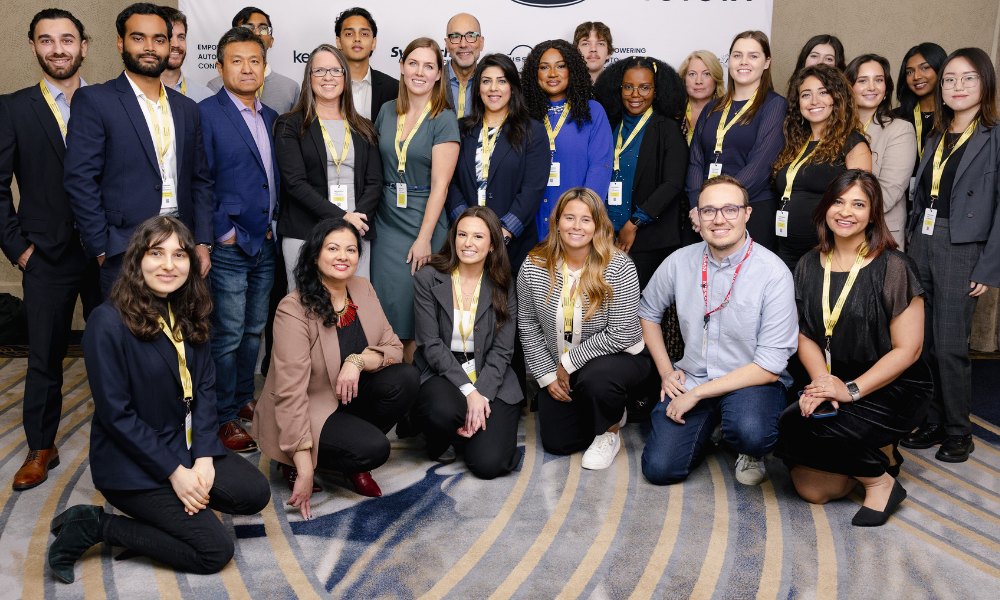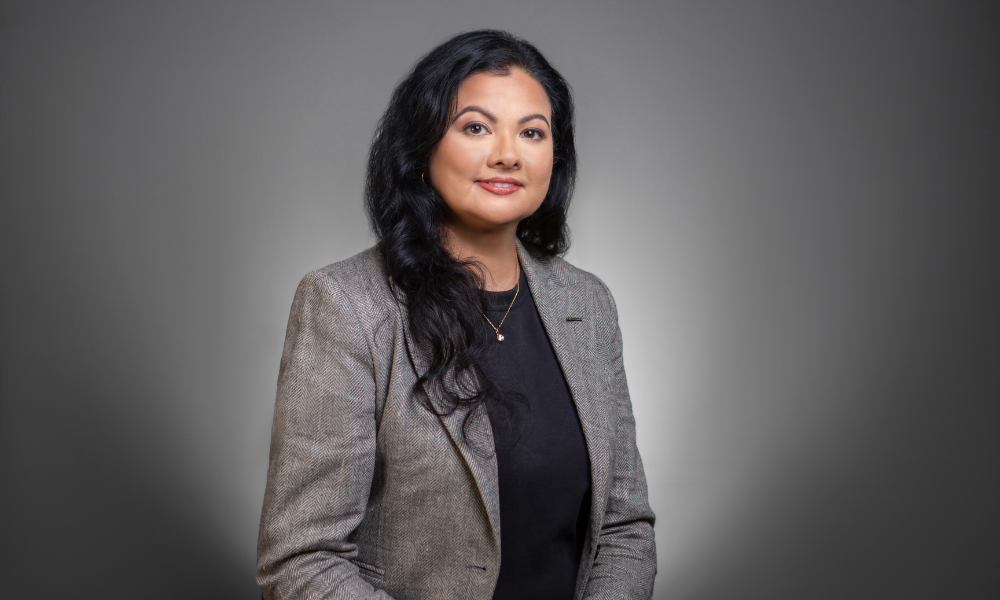
Nissan Canada's Tara Willis on changing diversity game in male-dominated sector

When Tara Willis stepped into the role of Senior Manager of Diversity, Equity, and Inclusion (DEI) at Nissan Canada, she knew the challenges were significant—especially in an industry historically dominated by men.
And while her background in automotive marketing provided unique insights, establishing an inclusive culture in such a setting required focus on communication, employee trust, and open dialogue.
“Communications was definitely a key focus as I entered the role,” she said, emphasizing that creating a space where employees felt safe to speak up without “fear of reprisal” was central to her strategy.
However, with executive support, she began building a culture rooted in openness, with initiatives aimed at reinforcing trust across the company.
Willis’s journey in the automotive industry spans two decades, and her experiences as a woman in a largely male-dominated field have undoubtedly shaped her approach.
“Sometimes I was at the boardroom table, and I was the only female at the table,” she tells HRD.

As DEI initiatives opened conversations among her colleagues, it marked the first time she could directly share these experiences with her peers. This has helped underscore a critical DEI goal for her: ensuring every employee feels that “everyone’s voices matter,” she said, because it is these diverse perspectives that drive growth within a team.
Indeed, the industry is slowly evolving to become more welcoming to women and those from diverse backgrounds- and Nissan is a huge part of this shift. Willis noted that the increasing number of women entering the automotive sector often mirrors her own story.
“I actually started just as a car enthusiast,” she tells HRD, recalling her childhood passion for cars.
Organizations like Empowering Auto, with which Nissan collaborates, are actively working to support women, providing career path guidance and fostering allyship. Through initiatives like annual conferences and networking events, these groups offer invaluable support for women and allies, and Willis is heartened to see Nissan’s industry participate in this ongoing transformation.
And so, to sustain a culture of openness and improvement, Willis uses multiple feedback mechanisms to listen to employee concerns and ideas around DEI. Nissan conducts anonymous employee surveys twice a year, allowing staff to voice issues freely. From these surveys, the company identifies key areas for improvement, and a task force made up of employees from different departments works alongside executives to create actionable solutions.
These action plans are communicated to all employees through regular town hall meetings and newsletters, fostering transparency and involvement across the organization.
One recent initiative, “Benefits Month,” emerged from survey feedback on HR and DEI topics. Each week during this month-long program, employees were educated on various perks, a move that saw improved understanding and appreciation of company benefits.
Beyond feedback mechanisms, Willis has introduced a suite of DEI-focused educational programs, framing learning as a core aspect of Nissan’s culture.
“We realize and know that we’re not here to change people and their values and their beliefs,” she clarified.
Instead, Nissan aims to foster a culture of growth and understanding. The company has rolled out courses on unconscious bias, allyship, and anti-racism, each aimed at increasing awareness and empathy. In fact, Nissan achieved a 100% participation rate in their unconscious bias training, and over 90% of employees completed allyship training. And, more recently, they introduced a self-paced certification program, the Inclusion Champion Program, which provides ongoing educational resources.
Willis also ensures that Nissan’s values extend beyond the office walls. Through the Nissan Canada Foundation, now in its 31st year, the company contributes to communities in areas of humanitarian aid, education, and environmental sustainability. Nissan has cultivated long-term relationships with organizations like Habitat for Humanity, Mississauga food banks, and WWF Canada, initiatives that encourage employees to volunteer.
Last year, the Foundation shifted its focus toward food security, responding to alarming national trends in food insecurity. In partnership with groups like Food Banks Canada, the Breakfast Club of Canada, and Second Harvest, Nissan channeled resources to combat the impacts of inflation on food prices.
“We were able to specifically link supporting the environment with, say, providing meals but also helping to save the planet,” she explained, pointing to Second Harvest’s dual environmental and social impact model.
Essentially, Willis acknowledges that while the automotive industry is evolving it requires ongoing commitment to ensure DEI is not just a box-checking exercise but rather an ingrained cultural norm. For her, maintaining a proactive, open, and empathetic leadership style has been crucial – so much so that Nissan has been named as a Great Place to Work for six consecutive years in a row and is also one of Canada’s ‘Most Admired Corporate Cultures’.
“I apply the lens that we all have a voice, and we should be using our voice and openly communicating,” she said, “because that’s how we benefit and grow together as a team.”